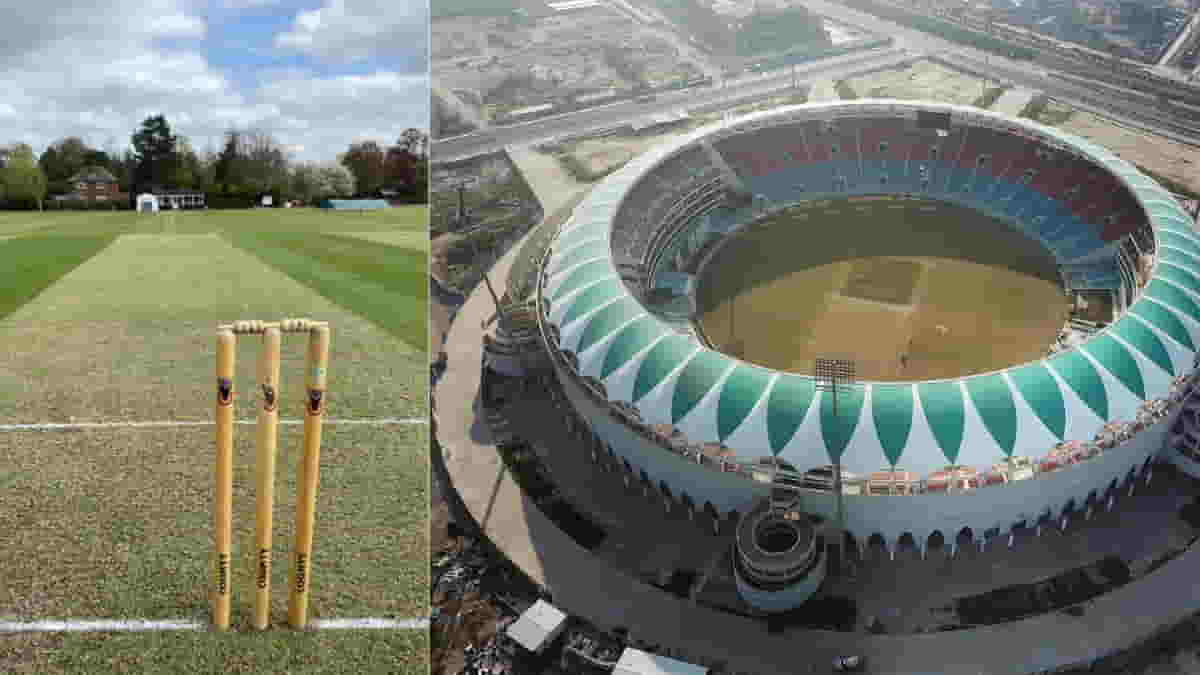
Cricket is a popular sport with millions of fans all over the world. The playing field is an important aspect of cricket and must be meticulously prepared before each match. In this post, we’ll look at the stages involved in getting a cricket field ready for a game.
The first stage in preparing a cricket ground is making sure the playing area is level and clear of any obstacles or risks. This includes clearing away any dirt, pebbles, or other objects that may be on the surface. The groundskeepers then use a roller to level the playing area and create an even playing surface.
The groundsmen will begin marking out the pitch once the surface has been leveled. The pitch is the core section of the playing surface where the ball is bowled and most of the action occurs. The pitch must be measured exactly and marked with white paint.
Preparing the wickets
The groundsmen will prepare the wickets after the pitch has been marked out. Three wooden stumps and two bails make up the wickets. The stumps and bails will be carefully positioned and securely anchored into the ground by the groundsmen.
The outfield is the next step in preparing a cricket ground. The outfield is the broad, open space around the pitch where the fielders will be placed. The outfield must be clean and devoid of debris, and the grass must be maintained to a uniform length. The groundskeepers will trim the grass to the desired length with a specialized mower.
The groundsmen will prepare the different facilities around the ground in addition to the playing field. This includes the pavilion, which serves as a gathering place for players and officials before and after the game. The pavilion must be clean and neat, with all necessary equipment and supplies stocked and ready for use.
Another critical component of preparing a cricket ground is making sure it is properly illuminated. Because many T20 matches are played in the evening, it is critical that the venue be well-lit so that the players and officials can see clearly. To provide adequate lighting, groundskeepers will put floodlights around the perimeter of the field.
Finally, the groundsmen will ensure that all necessary equipment is present and operational. The scoreboard, which displays the current score and other essential information, as well as the technological equipment used to evaluate umpire decisions, are examples of this.
Conclusion
Preparing a cricket ground for a T20 match is a complex and time-consuming process that requires careful planning and attention to detail. The groundsmen must ensure that the playing surface is level, the pitch and wickets are properly positioned, the outfield is free from obstructions, and the facilities and equipment are in good working order. With proper preparation, the cricket ground will be ready to host an exciting and memorable T20 match.





